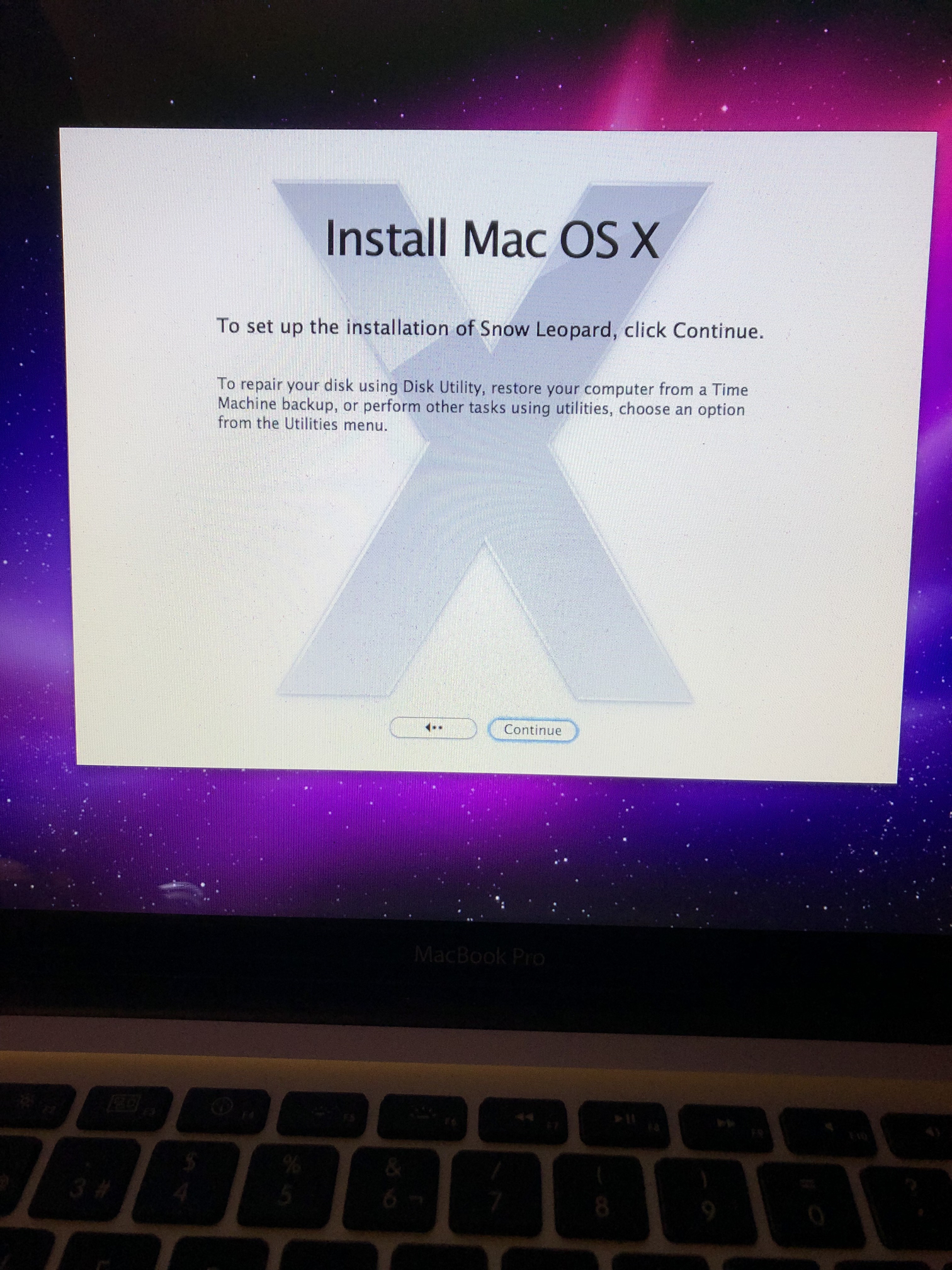I don't think I would be of much help even though I took on the role of sysadmin with my family some years ago.
We all used Gentoo Linux for a while. I had a colleague that didn't believe me, and actually buttonholed my wife at a party to ask if it was true. The thing is I got tired of it, and bought them all Macs.
Now I find myself strongly disagreeing with the direction Apple has taken*, but I frankly don't know where to turn next. I inflicted an Ubuntu laptop on one of my children, and reviews are definitely mixed on that front. Another is thinking of buying a Windows laptop.
I'm comfortable running Openbox on Freebsd, and don't mind typing "xinit" in a terminal window so I don't even run a display manager. I fear this would not do for the rest of my family.
I'd be very interested in your solution if you find one.
* I'm happy to find that I'm not alone in Vermaden's links

 morrick.me
morrick.me
We all used Gentoo Linux for a while. I had a colleague that didn't believe me, and actually buttonholed my wife at a party to ask if it was true. The thing is I got tired of it, and bought them all Macs.
Now I find myself strongly disagreeing with the direction Apple has taken*, but I frankly don't know where to turn next. I inflicted an Ubuntu laptop on one of my children, and reviews are definitely mixed on that front. Another is thinking of buying a Windows laptop.
I'm comfortable running Openbox on Freebsd, and don't mind typing "xinit" in a terminal window so I don't even run a display manager. I fear this would not do for the rest of my family.
I'd be very interested in your solution if you find one.
* I'm happy to find that I'm not alone in Vermaden's links

A retrospective look at Mac OS X Snow Leopard
Yes, Mac OS X 10.6 Snow Leopard is as good as I remembered.
